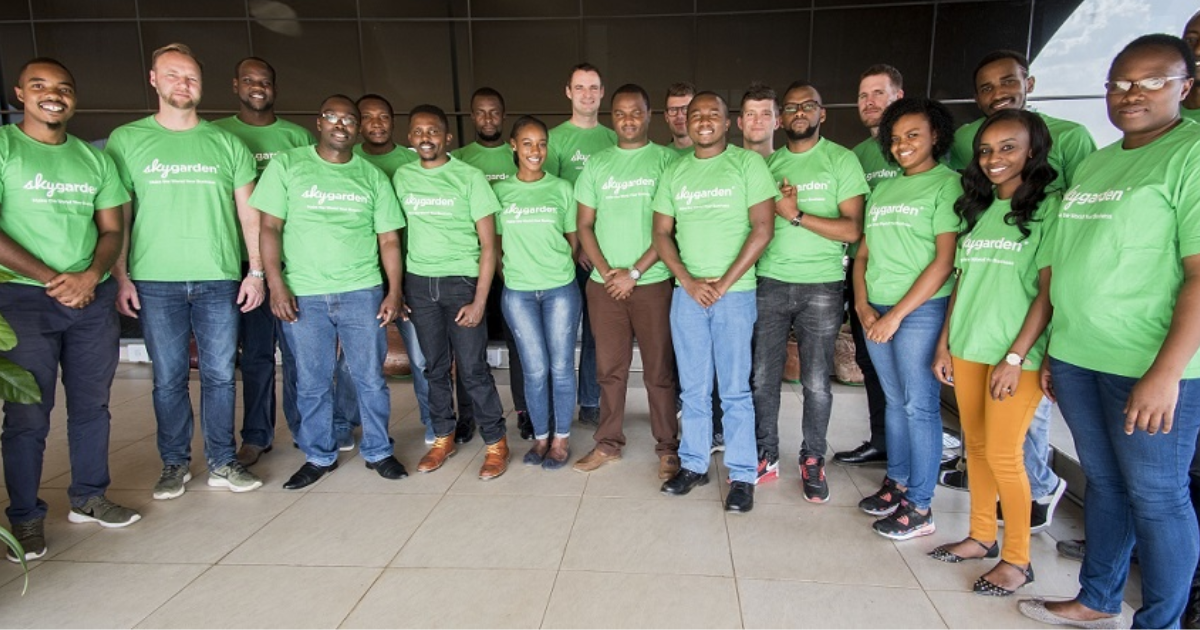Sky.Garden, Kenya’s E-Commerce Startup on the Verge of Shutting down, Gets a Lifeline

Sky.Garden, Kenya’s e-commerce startup, which announced in late September that it will close by October 16 – due to a shortage of funds – having issued a termination letter in a memo sent to employees earlier in September, has announced that it will now be acquired and continue operating under new ownership and management, according to the official statement from the founder and CEO, Martin Majlund.
Open solely to Kenyan traders, the startup deals in mobile phones, electronics, fashion, and household items ranging from decor to art and safety equipment. Bridging the gap between retailers and customers by providing solutions to delivery within 24 hours and a legitimate online store, the startup charges 8% of the sales price (the amount charged by the seller or paid by the customer) from its informal traders on every transaction made on the platform.
Launched in 2017, the startup has since raised a total of $5.2 million after raising a seed round of $1.2 million in 2018 and securing $4 million in June 2021. Since its inception, the startup has had hundreds of small and medium-sized enterprises sell through its online marketplace. The startup guarantees “end-to-end” order fulfillment.
Sky.Garden is a well-known e-commerce platform in areas such as Nairobi, where it guaranteed 24-hour delivery of goods purchased on the site. However, it is unclear how much revenue it was making or how that figure has changed over time.
Announcing the acquisition, Majlund, who did not give details about the acquisition, says “Fundraising sucks 99 out 100 times. Damn, we’ve pitched the company over and over again. To the wrong investors just finding the journey exotic. To the right investors where the timing wasn’t right. But hey; it only takes 1 yes, so f… the 99 no’s. Resilience is King. We’ve mentally put Sky.Garden in the grave a handful of times during the 6 years. We’ve never done anything ethically questionable, but we’ve definitely continued where normal, sane people would have stopped. This has secured us another 5.5 years of operations.”
He further added that “There’s no linear path from A to B. But, there are formulas to succeed and you don’t have to make the same mistakes as other people before you. I now understand why successful startup founders most likely have crashed several companies before succeeding. It’s about the Journey — Not the Destination. And I know other startup founders may disagree with me on this one. But for me, it has never been about the money, but the people and the process.”
